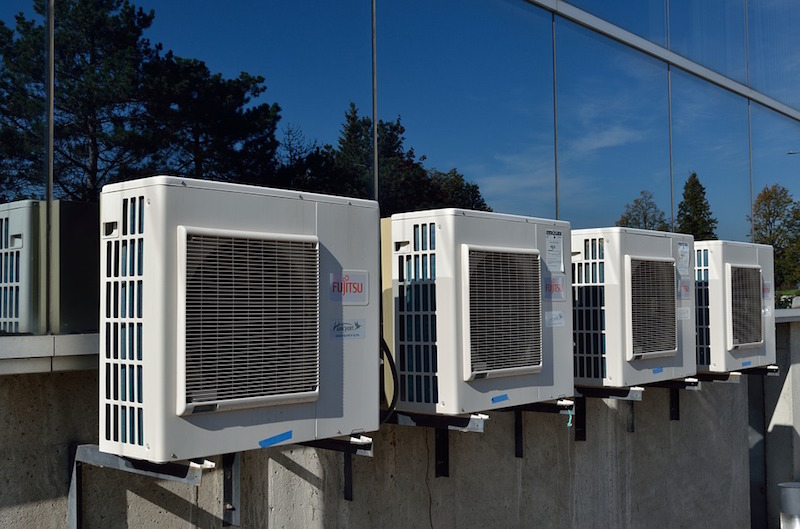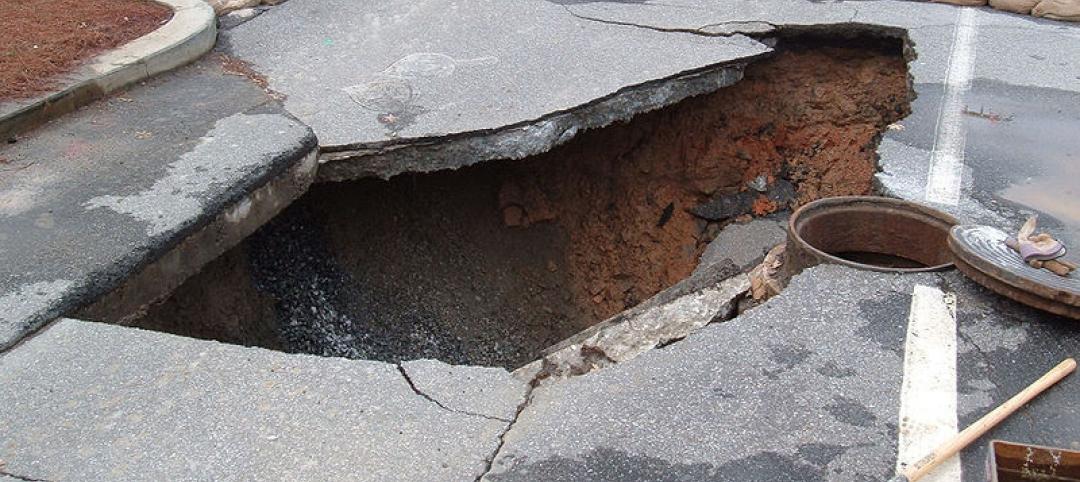Setting the air conditioning too high in an office is not only irresponsible from an energy use standpoint, it also degrades employee productivity.
There is strong data to back that premise. The director of the Human Factors and Ergonomics Laboratory at Cornell University pointed to a study that found offices with temperatures in the low 70s reduced the output of employees and led to increased mistakes.
The study measured the number of keystrokes employees typed in an office. In a 78F environment, workers produced more than twice as many keystrokes as those in a 70-degree environment. Productivity rose along with temperature in a linear fashion into the high 70s. It began to drop when temperatures reached the mid-80s.
The cold is distracting, with people doing things like rubbing their hands together for warmth. This issue may be impacted by the increased popularity of lighter, more casual wear in the office. De facto cooling temperature standards of 68F to 72F were established in the 1960s when business suits were the dominant office attire.
Related Stories
Codes and Standards | May 19, 2017
Spate of sinkhole incidents points to neglected infrastructure investment
Suddenly appearing caverns cause deaths, evacuations, interruption of utility services.
Codes and Standards | May 18, 2017
AIA releases updated edition of its A201 flagship documents
These core documents are updated once a decade.
Codes and Standards | May 16, 2017
Trump’s proposed corporate tax rate changes said to stifle funding for affordable housing
Banks reluctant to commit to specific deals with tax credit status uncertain.
Codes and Standards | May 15, 2017
New IoT-Ready Alliance to establish standard for IoT sensors in LED light fixtures
It aims to make installation of technology easier.
Codes and Standards | May 10, 2017
OSHA increases penalties on South Dakota contractor after fatal building collapse
Agency issues over $300,000 in fines for ‘willful’ safety violations.
Codes and Standards | May 9, 2017
Potential shade on Boston Common from proposed high-rise raises public ire
The Mayor is among those who want to change 1990s anti-shadow law.
Codes and Standards | May 9, 2017
Method of estimating amount of CO2 by building occupants may be inaccurate
New research suggests current estimates may be off by as much as 25%.
Codes and Standards | May 8, 2017
National Fenestration Rating Council’s new U-factor standard open for public comment
Member-approved ballot change to NFRC 100 comments to close on May 28.
Codes and Standards | May 4, 2017
Millennials’ views on sustainability could influence the workplace
Nine out of ten say it is important that they work for a company committed to sustainability.
Codes and Standards | May 3, 2017
New York State extends design-build authority
The legislation includes eight additional projects.

















